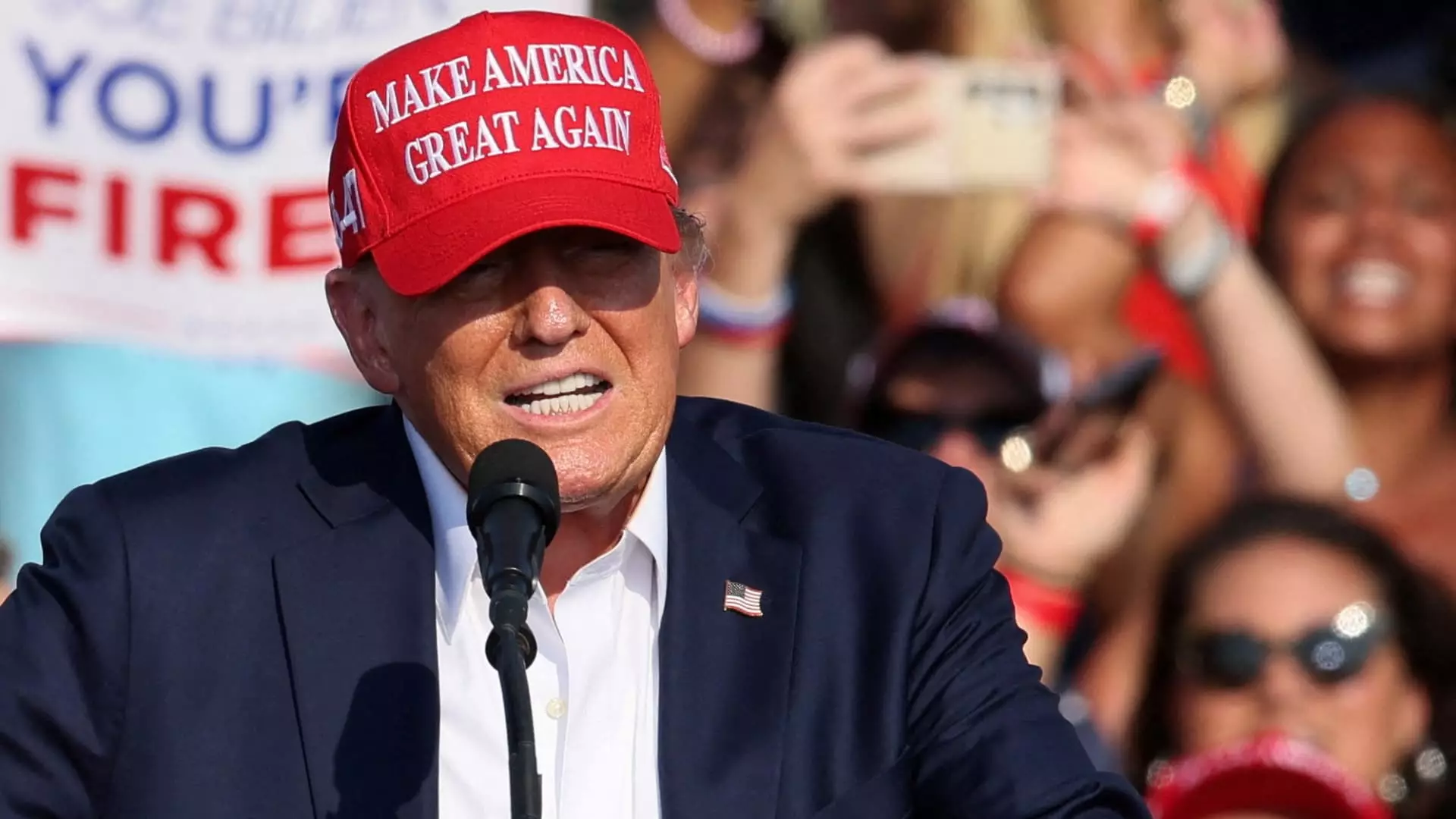Former U.S. President Donald Trump recently made waves with his comments on Taiwan, suggesting that the country should pay the U.S. for defense. In an interview with Bloomberg Businessweek, Trump stated that Taiwan “doesn’t give us anything” and likened the relationship to that of an insurance company.
Implications for Taiwan’s Defense
Trump’s assertion that Taiwan should pay for defense raised eyebrows, especially given the longstanding tensions between Taiwan and China. As Beijing views Taiwan as a part of its territory, any statements suggesting a lack of commitment to Taiwan’s defense could have serious repercussions. The U.S. has a history of supporting Taiwan in the face of Chinese aggression, and Trump’s comments may have undermined that stance.
Trump also linked his comments to Taiwan’s semiconductor industry, highlighting the country’s dominance in chip manufacturing. With Taiwan accounting for a significant portion of the world’s most advanced chips production, any disruption to the industry could have global ramifications. Trump’s remarks may have added to existing concerns about the concentration of chip manufacturing in Taiwan and the potential impact of a Chinese attack on the island.
Following Trump’s comments, Taiwan Semiconductor Manufacturing Co. (TSMC), the world’s largest chipmaker, saw a dip in its shares. TSMC Chair Mark Liu warned that any military intervention in Taiwan would render the company’s factories inoperable. This response underscores the delicate balance of power in the semiconductor industry and the potential consequences of geopolitical tensions on global supply chains.
U.S. Government’s Role
In response to the growing concerns over the reliance on Taiwan for chip manufacturing, the Biden administration has been working to bring more production back to the U.S. Through grants and incentives, the U.S. aims to entice companies like TSMC and Samsung to expand their manufacturing facilities domestically. This move is seen as a strategic effort to reduce dependency on foreign suppliers and enhance national security.
Former President Trump’s comments on Taiwan’s defense and semiconductor industry have sparked a debate on the geopolitical implications of such statements. The interconnected nature of global supply chains and national security concerns highlight the need for careful diplomacy and strategic planning. As tensions continue to simmer between Taiwan, China, and the U.S., the impact of these relationships on critical industries like semiconductor manufacturing remains a key area of focus for policymakers worldwide.


Leave a Reply
You must be logged in to post a comment.